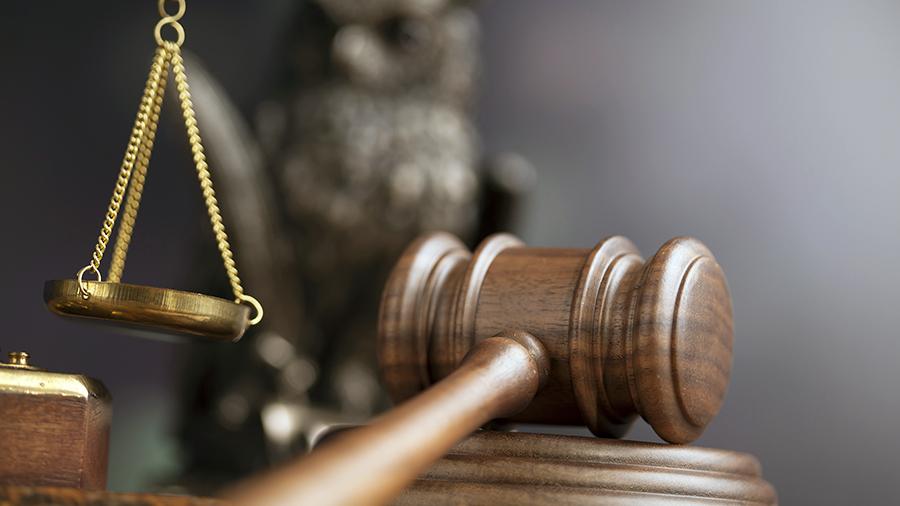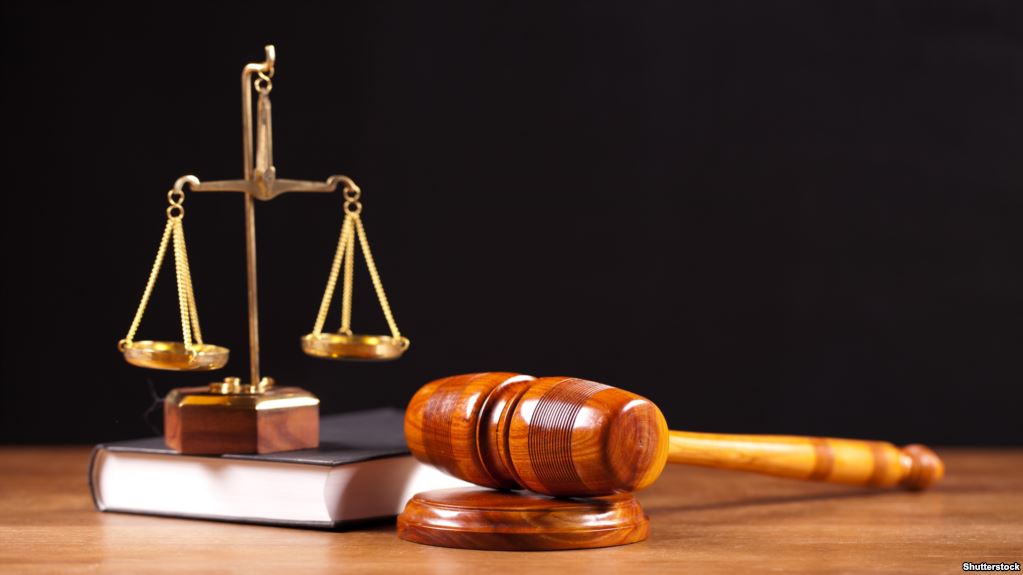U.S. federal court cases
Criminal litigation differs in several important ways from civil litigation. At the start of a federal criminal hearing, the protagonists are the US Attorney (the prosecutor) and the grand jury.
U.S. Attorneys represent the United States in most lawsuits, including all criminal charges. A grand jury examines the evidence presented by the US Attorney and decides whether the evidence is sufficient for the defendant to stand trial.
The standard of proof in criminal proceedings is proof “beyond reasonable doubt”, meaning that the evidence must be strong enough to leave no reasonable doubt that the defendant committed the crime.
After a person is arrested, a pre-trial officer or court probation officer (see Common Legal Terms section at the end of this publication) immediately interrogates the accused and investigates their background.
The information obtained by the pre-trial services or the probation department will be used to help the judge decide whether to release the accused to society before trial and whether to impose conditions for such release.
At the initial appearance, the judge informs the defendant of the charges, considers whether the defendant should be held in prison pending trial, and determines whether there are reasonable grounds to believe that a crime has been committed and committed by the defendant.

Defendants who are unable to hire a lawyer are advised of their right to court-appointed defense. The court may appoint either a federal public defender or a private attorney who agrees to accept such a court order.
In any type of appointment, the attorney will be paid by the court at the expense of funds provided by Congress. Defendants released into the community prior to trial may be required to comply with certain restrictions, including house arrest or drug testing, and periodically provide information about themselves to a pre-trial officer to ensure that they appear in court.
The defendant gives a formal answer to the charges filed by the US Attorney at a hearing called arraignment. Most defendants – over 90% – plead guilty rather than face trial. If the defendant pleads guilty in exchange for the authorities agreeing to drop some of the charges or recommend a lighter sentence, this arrangement is often referred to as a “plea deal”.
If the defendant pleads guilty, the judge may issue a sentence immediately, but more often, he will schedule a hearing to determine the sentence at a later date.
In most criminal cases, the judge waits for a report on the identity and circumstances of the defendant’s life, which is prepared by the court’s probation service, before sentencing. If the defendant pleads not guilty, the judge proceeds to order a trial.
Criminal proceedings
Include a limited scope of proceedings to present witnesses of the parties before trial, much like in civil cases, but with significant restrictions to ensure the confidentiality of government whistleblowers and to prevent witness intimidation.

Lawyers may also file motions, which are requests to the court to make certain orders prior to trial. For example, defense attorneys often file motions requesting the exclusion from forensic evidence of information that the defendant believes was obtained by the authorities in violation of the defendant’s constitutional rights.
In criminal proceedings, the burden of proof lies with the government. Defendants do not have to prove their innocence.
Instead, the government must present evidence to convince the court that the defendant is guilty. The standard of proof in criminal proceedings is proof “beyond reasonable doubt”, meaning that the evidence must be strong enough to leave no reasonable doubt that the defendant committed the crime.
If the defendant is found not guilty, he is released and the government has no right to appeal this decision. Nor can the person be charged with the same crime again in federal court. The constitution prohibits being held liable twice for the same crime.
If a guilty verdict is reached, the judge determines the defendant’s sentence in accordance with special federal guidelines issued by the US Sentencing Commission.
The court’s probation service
The court’s probation service prepares a court report applying the general sentencing guidelines for the individual defendant and the offenses of which he is found guilty.
In sentencing, the court may take into account not only the evidence obtained at the trial, but also all relevant information that may be provided by the pre-trial officer, the US attorney and the defense representative.
Under special circumstances, the court may deviate from a sentence calculated in accordance with the general principles of sentencing.
The sentence may include a fixed term of imprisonment, the payment of a fine to the government, or the payment of compensation to the victims.
Judicial Probation Officers help the court enforce the conditions imposed by a criminal conviction. Surveillance of offenders may also require services such as drug abuse testing and treatment programs, employment counseling, and alternative incarceration options.
